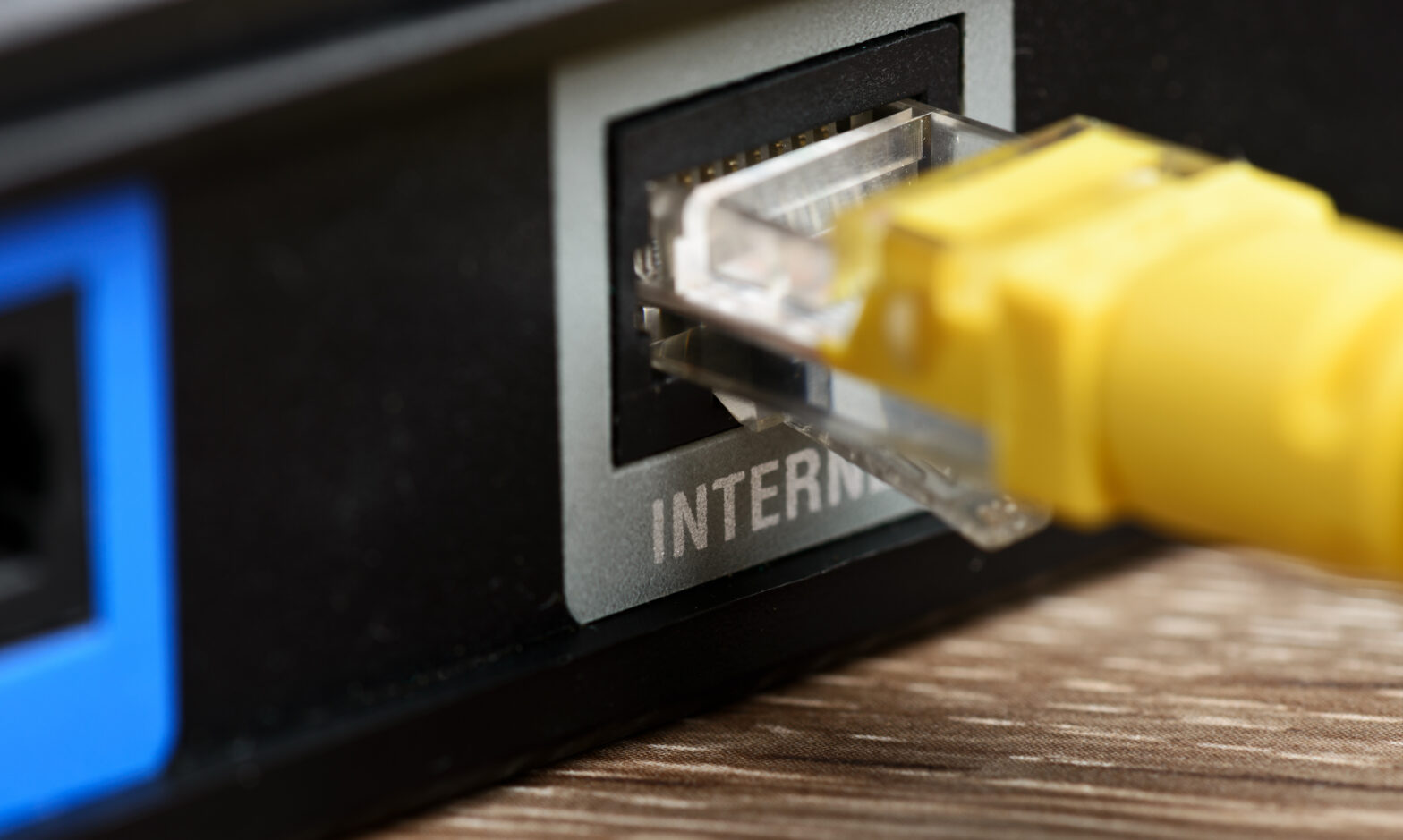Broadband outages cost the UK economy £7 billion every year.
So, as a business owner it makes sense to ask yourself; ‘how much money would my business lose if I lost all connectivity?’
According to a recent survey, only 25 per cent of those who were hit by internet outages last year were able to mitigate their down-time by adopting tasks which did not require internet usage.
Alternatively, you could de-camp to the local coffee shop, or tether off your mobile data if you are lucky enough to have unlimited 4G, but these are short-term solutions only.
The cost of lost connection
Should your primary broadband service become disrupted, the cost to your business can be considerable. Everyday operations will come to a halt at 38 per cent of businesses, 13 per cent immediately start losing money following an outage and 46% will suffer a financial hit after four hours. However, considering that the average waiting time for service to resume is six hours, it’s surprising that only 13 per cent of businesses switch to a backup solution.
Whilst larger companies statistically lose the most money and productive hours, the effects of connectivity failure apply to all sized business; big, small and micro. As a general rule of thumb, the average downtime hours per business multiplied by the cost per productive hour lost, will give you the estimated loss to your business.
The average annual loss per business is as follows:
Solo (one person) – £41
Micro (two-nine people) – £527
Small (ten-49 people) – £3 ,950
Medium (50 – 249) – £15,670
Large (250+ people) – £497,433
Avoiding the loss
There are some simple actions that can be taken within your business to prevent outages:
Check that all your routers have been configured properly
Check that you are using internet connectivity that is suitable for your business purposes (this tends to be a common pitfall for many businesses, many of which opt for residential connections as they are cheaper).
As your company grows its vital that regular checks and audits are carried out to ensure all IT and telecommunication systems are able to deal with the volumes and are protected against outages and cyber-attacks. You can internally review the scalability and resiliency of your systems by checking your bandwidth is still suitable for the size of your business. If your business has grown beyond your bandwidth speed and size, then it’s time to upgrade – before it falls over!
It is also recommended to regularly review the market to see if there’s anything available that your business could benefit from. In a rapidly evolving industry there are always new features that can make working life easier and more protected.
Unfortunately, sometimes a connectivity issue will arise despite your (and your provider’s) best efforts. This is where the back-up connection comes into its own. Rather than wasting time moving to a temporary office space or rinsing your mobile data dry, a better option would be to implement a backup internet connection. What may seem like another unnecessary expense could save you a lot of unnecessary stress and money in the long run.
Depending on the size of your business, there are a handful of solutions available to help your business battle a broken broadband connection:
A step up from using your mobile phone data is a 4G router or MiFi device; these will connect to the 4G network in the event of an internet outage, meaning you can continue carrying out small tasks that require internet connection such as taking PDQ payments and sending emails. The cost of a device like this is around the £130 mark.
For businesses where a large chunk of the workload is carried out using internet connection, a second ADSL line would be a more reliable option. However, before taking this step it’s important to choose a different supplier to the one you currently receive your main broadband connection from. A second line should bring in the broadband connection from a different source, therefore if your main service provider encounters a major issue, your secondary connection will kick in.
In 2016, the cost of an outage to a business was on average £1,287. The general starting price for a second connection starts from £12.95pcm for a micro business. Weighing up the odds of an outage occurring (on average there are four outages per organisation per year) and the amount you’d lose each time, it’s evident how invaluable a secondary internet connection is.
Nolan Braterman from Frontier Voice and Data





